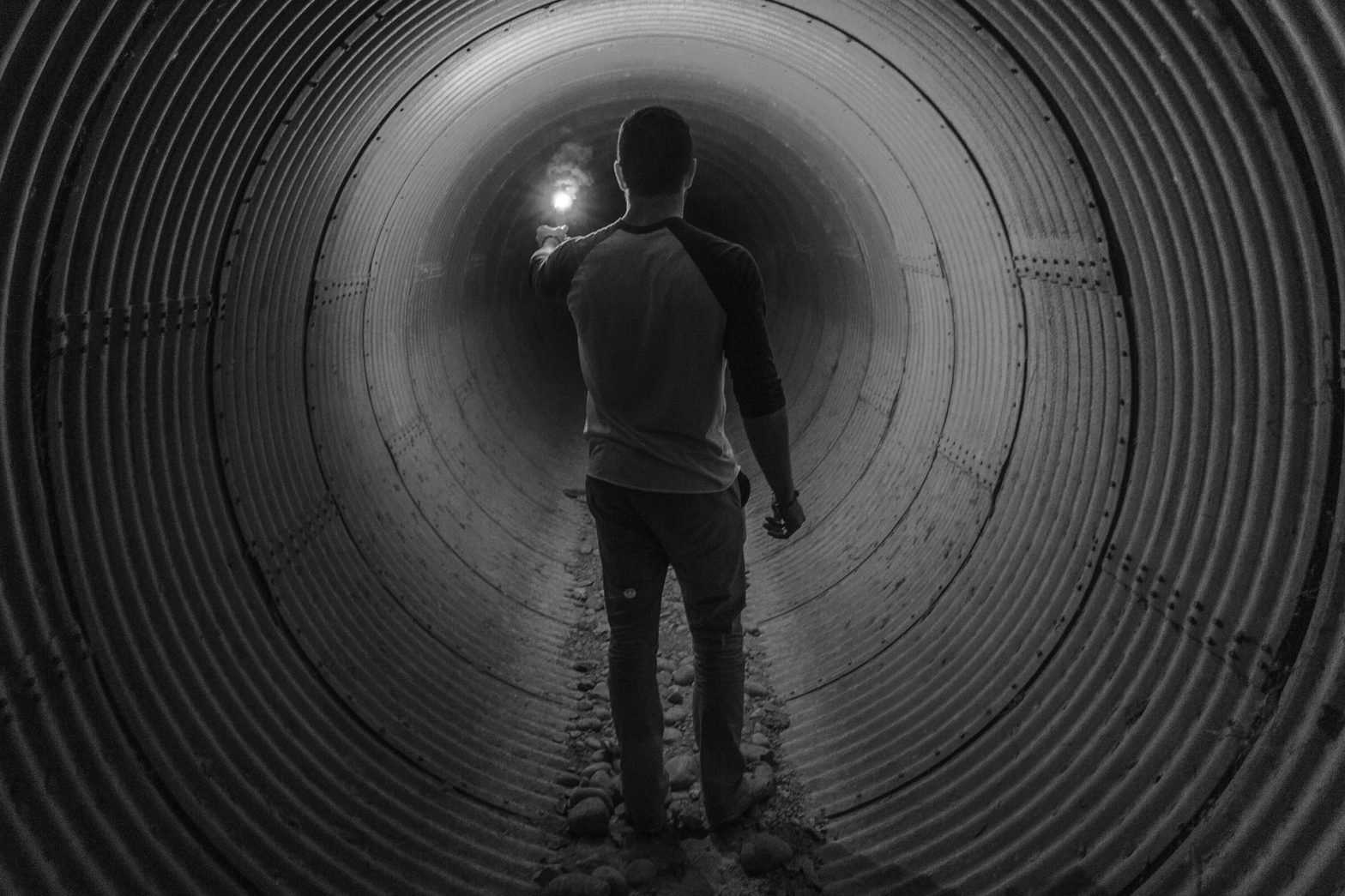CIPP is growing in popularity for drain repairs. However, many commercial users worry that their loads will be too heavy for a cured in place system. In reality, installing CIPP won’t raise the risk that your drains will back up. Because CIPP lining is thin, you still have access to most clog-busting solutions. Instead, focus on maintenance and good drain habits to keep your drains healthy.
CIPP isn’t thick
One of the misconceptions that surrounds CIPP is that the lining is thick. That isn’t true. The strength of cured in place pipes comes from the materials used. The resin and epoxy mixture that hardens into your pipes is very strong, and perfectly able to survive the pressure on your pipes. When fully hardened, most CIPP pipes are less than 3/4ths of an inch thick. This leaves plenty of room in most pipes for the flow of liquids through them.
You will have most backup solutions available
CIPP doesn’t fill in your drains so that nothing can pass through. They’re thin. Nevertheless, clogs are almost certain to happen. Over the life of your drains, you’re going to be washing away a lot of material. Every kind of pipe will get backed up every once in a while, and CIPP is no exception. In the event that your drains do get clogged, you’ll still have almost all of the typical options to solve the problem. Cured in place pipes can withstand chemical clog-busters and most standard pipework. Vacuum systems can also be used on CIPP pipes. Only systems that scrape and gouge should be avoided, as the resin can be scratched or chipped by harsh abrasive motions.
Maintenance matters
CIPP won’t back up your drains, but a lack of care will. If your drains are taking a commercial sized beating, you should stay on top of regular maintenance. Cured in place pipes are easy to inspect with small cameras that will detect any problems or issues with the pipe itself. You can also catch clogs before they put a stop to your business. Regularly hosing down your cured in place pipes is the best way to keep them clear and flowing cleanly. Getting ahead of the clog is always a good idea.
Drain protocol matters most
Maintenance will keep your pipes clear as long as they’re not under a huge amount of strain. Commercial drains often have to deal with problems that residential drains never dream of. Organic matter is always the hardest on your drains, followed by grease. Oils and fats don’t mix with the water that flows down your pipes, which makes it tough to clean them out. Develop a protocol for your drain, that doesn’t put too much pressure on it, for the best results. Changing your drain habits will stop backup in its tracks.
Cured in place pipes won’t back up your drains. Lack of maintenance and poor habits will. CIPP can keep your drains flowing cleanly for a long time. Just take care of them and they’ll take care of you.
